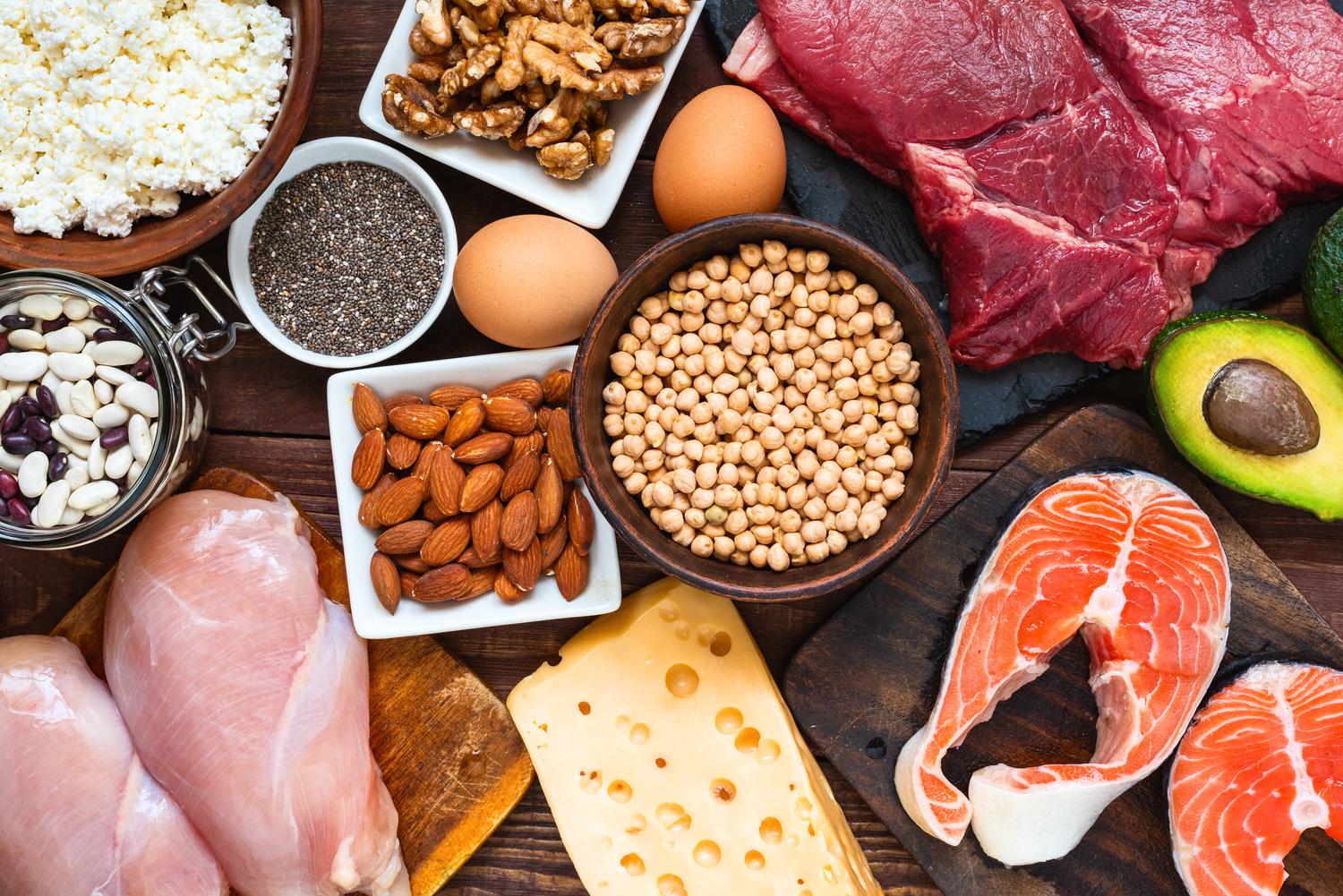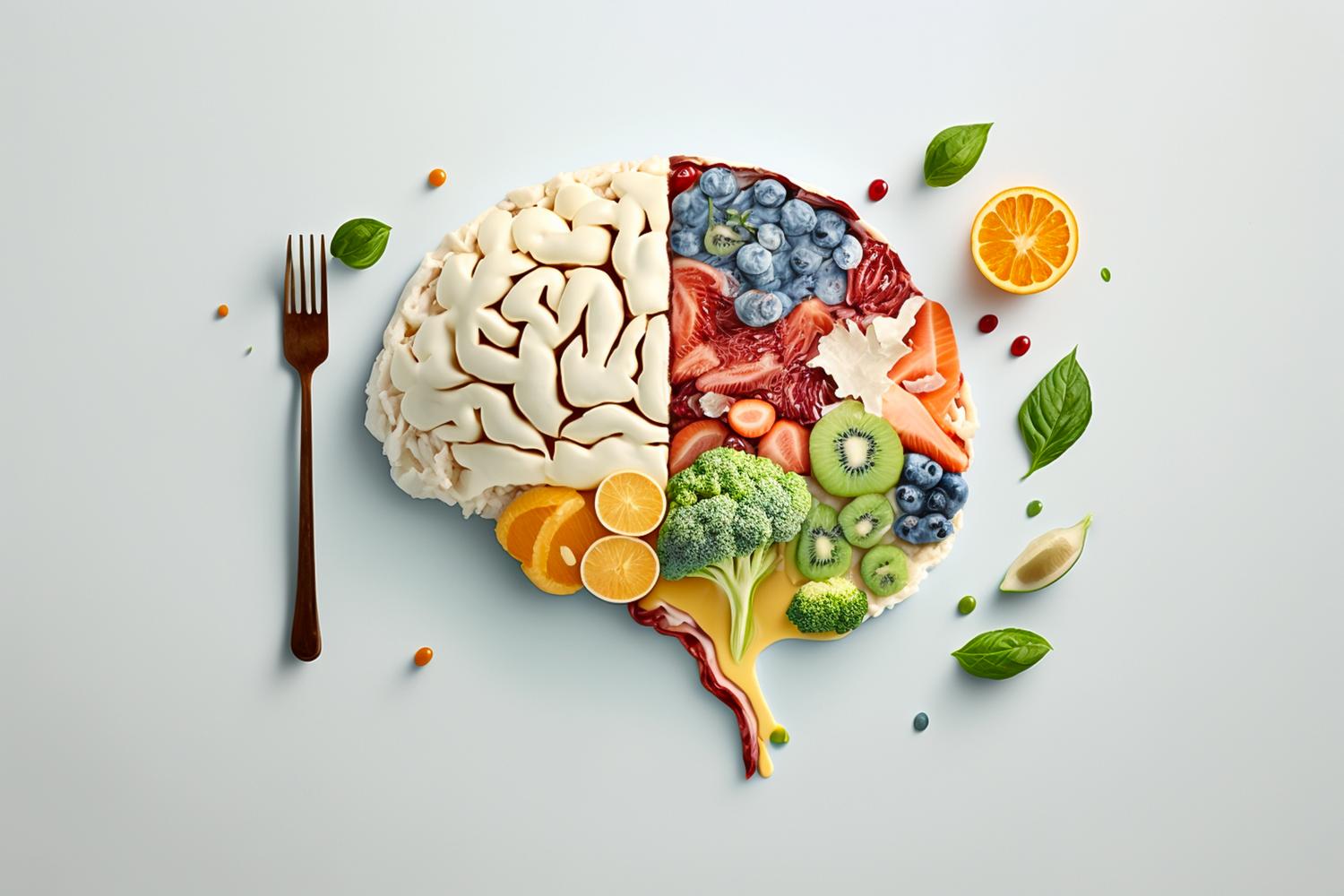7 Proven Ways to Boost Your Metabolism
Key Takeaways
- Boosting metabolism isn’t about quick fixes; it’s about making consistent, sustainable diet and lifestyle changes
- Eating whole, nutrient-rich foods, drinking plenty of water, and HIIT training can help your body burn energy more efficiently.
- Regular movement, good sleep, and not skipping meals can help support a stronger metabolism over time
Metabolism is a term that gets thrown around often in discussions about health, weight loss and fitness. But what exactly is it?
At its core, metabolism refers to all the chemical processes that occur within your body to maintain life, from converting food into energy to repairing cells.
Your metabolic rate is the speed at which these processes occur. It measures how quickly your body burns calories and ultimately, how quickly it uses energy.
A faster metabolism helps in burning more calories, which aids in weight loss and helps you maintain a healthy body weight. A slower metabolism burns fewer calories, which results in those calories being stored as body fat.
So how can you boost your metabolism to be as efficient as possible? In this blog post, we'll dive into some medically-backed, practical ways to improve your metabolic health.
Unfortunately, quick-fix trends focused on “fat-burning” foods and “no-carb diets” are not likely to improve your metabolism. Rather, boosting your metabolism is about making small, sustainable changes to your lifestyle and diet.
1. Choose healthy, nutritious foods
You’ve probably heard about “fat-burning” foods and “no-carb" diets, but these quick-fix trends are unlikely to have any sort of long-term impact on your metabolism. If you’re trying to improve your metabolism through diet, the best approach is to focus on overall healthy eating.
Drinking water (at least 8 glasses a day) and consuming a diet rich in whole foods—including fruits, vegetables, lean proteins and whole grains—provides your body with the nutrients it needs to function optimally. These actions support a healthy metabolic rate more effectively than fast fads.
2. Don’t sit still for too long
If you spend a lot of time sitting at a desk, watching TV, or using a phone or computer, you could be slowing down your metabolism. How? Because when you're not moving your body, it doesn't need as much energy to function. As a result, your body starts slowing down how many calories it burns.
Being inactive can also cause muscle atrophy (shrinkage). When you lose muscle or don’t use your muscles as much, your body uses less energy overall, and your body slows down your metabolic rate as a result.
Instead, try breaking up your daily routine with some movement. This doesn't mean you have to spend hours at the gym. Simple activities like walking, using a standing desk, taking the stairs, or breaking up your day with some household chores can increase the number of calories your body burns throughout the day.
3. Try out strength training
Strength training, also called resistance training or weight training, is an effective way to increase your muscle mass. Muscle is more metabolically active than fat, meaning it burns more calories at rest. This means that in theory, you can boost metabolism by incorporating strength and resistance training methods into your routine.
Of course, lifting weights alone isn't a magic elixir for boosting metabolism. Muscles don’t burn too many calories if they’re not being used, and unless you’re a professional bodybuilder, you're probably only putting on a few extra pounds of muscle with regular exercise. The real benefit of strength training is that it leads to stronger bones, stronger muscles and better overall health!
4. Do a high-intensity interval training (HIIT) workout
High-intensity interval training (HIIT) is a type of exercise. It involves alternating short bursts of intense exercise with brief periods of rest. If recommended by your healthcare provider, it can support your metabolic health in several ways:
- High calorie burn: Intense effort during HIIT engages multiple muscles and burns significant calories in a short time.
- Afterburn effect (EPOC): Your body continues burning calories even after the workout as it recovers.
- Improved oxygen efficiency: HIIT enhances your body’s ability to use oxygen, helping convert nutrients into energy more effectively.
- Muscle-building and metabolic support: Regular HIIT sessions can build muscle and improve overall metabolic function.
Examples of HIIT exercises include sprinting, cycling, burpees, jumping jacks, high knees, and mountain climbers.
5. Don’t skip meals
It's a common misconception that skipping meals or drastically cutting calories boosts metabolism and aids in weight loss. In fact, it can do just the opposite!
When you skip meals, your body perceives this as a potential sign of food scarcity. In response, it enters a sort of “power-saving” mode. This natural survival mechanism adjusts your body's metabolic rate and can actually slow metabolism down in order to preserve and conserve energy.
Instead, focus on eating balanced meals on a regular schedule. This helps your body understand when it should expect fuel so that it doesn’t store extra calories as a way of saving energy. You should also pay attention to your hunger cues and cravings. These tactics can help keep your metabolism steady and prevent overeating later in the day.
6. Get enough sleep
Not getting enough sleep can slow down your metabolism for several reasons. First and foremost, you’re less likely to engage in physical activity if you’re tired and exhausted; this lowers your energy expenditure.
Sleep deprivation can also disrupt the balance of hormones that regulate hunger and appetite, including ghrelin (which makes you hungry) and leptin (which tells you you're full). When you don't get enough sleep, ghrelin levels increase while leptin levels decrease. This can lead to increased hunger and appetite. Lack of sleep can also increase your levels of cortisol, a stress hormone, leading to overeating and weight gain.
In other words, your brain isn’t as great with impulse control when you’re tired, hungry and stressed! This can lead you to make unhealthy food choices that lead to higher calorie consumption and weight gain, which can slow your metabolism.
According to most experts, those 64 and under should aim for at least 7-9 hours of sleep per night. Those 65 and older should aim for 7-8 hours a night. You can check out our guide to common sleep questions for healthier sleep habits.
7. Drink green tea
Green tea is rich in catechins, a type of antioxidant. Antioxidants can help reduce oxidative stress in the body, which is important for enhancing overall metabolic function.
Green tea has also been found to increase thermogenesis, the process by which your body burns calories to digest food and produce heat. This is partly due to the presence of caffeine and catechins, which can increase energy expenditure and fat oxidation. Essentially, green tea can slightly increase the rate at which your body burns calories, even at rest.
It's important to note, however, that while green tea may be able to contribute to a slightly improved metabolism, its effects are generally modest and should be combined with other healthy lifestyle choices like a balanced diet and regular physical activity for best results.
How Sesame can help
Boosting your metabolism is not about quick fixes or miracle foods. It's about making sustainable lifestyle changes that include healthy eating, regular exercise and getting enough sleep. These habits contribute to a healthier metabolism. They can also aid in weight management and reduce risks associated with obesity, Type 2 diabetes and other health issues.
If you’re thinking about making changes to your diet or exercise routine, check out Sesame's affordableonline weight loss program, Success by Sesame. Your monthly subscription includes video visits with a licensed clinician of your choice and access to prescriptions for weight loss medication if appropriate. Plus, you'll have access to unlimited provider messaging for ongoing guidance and support.









